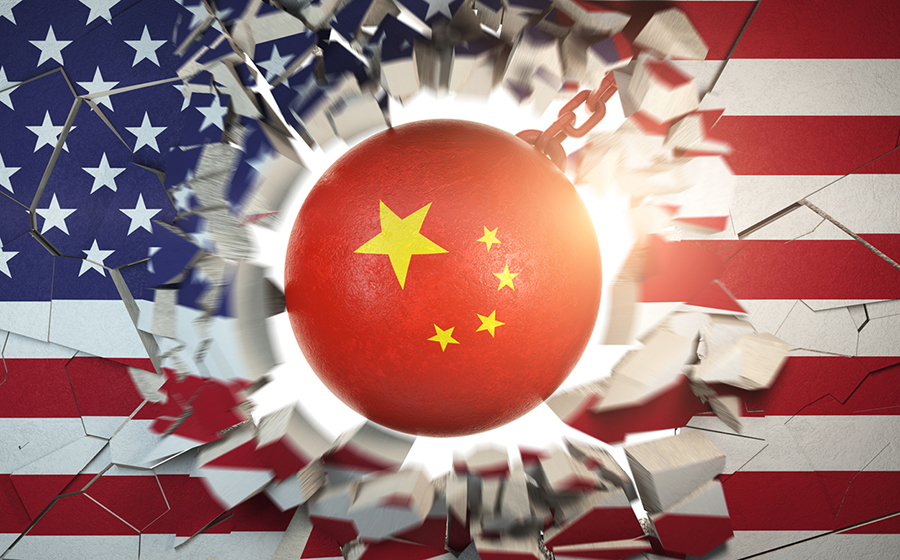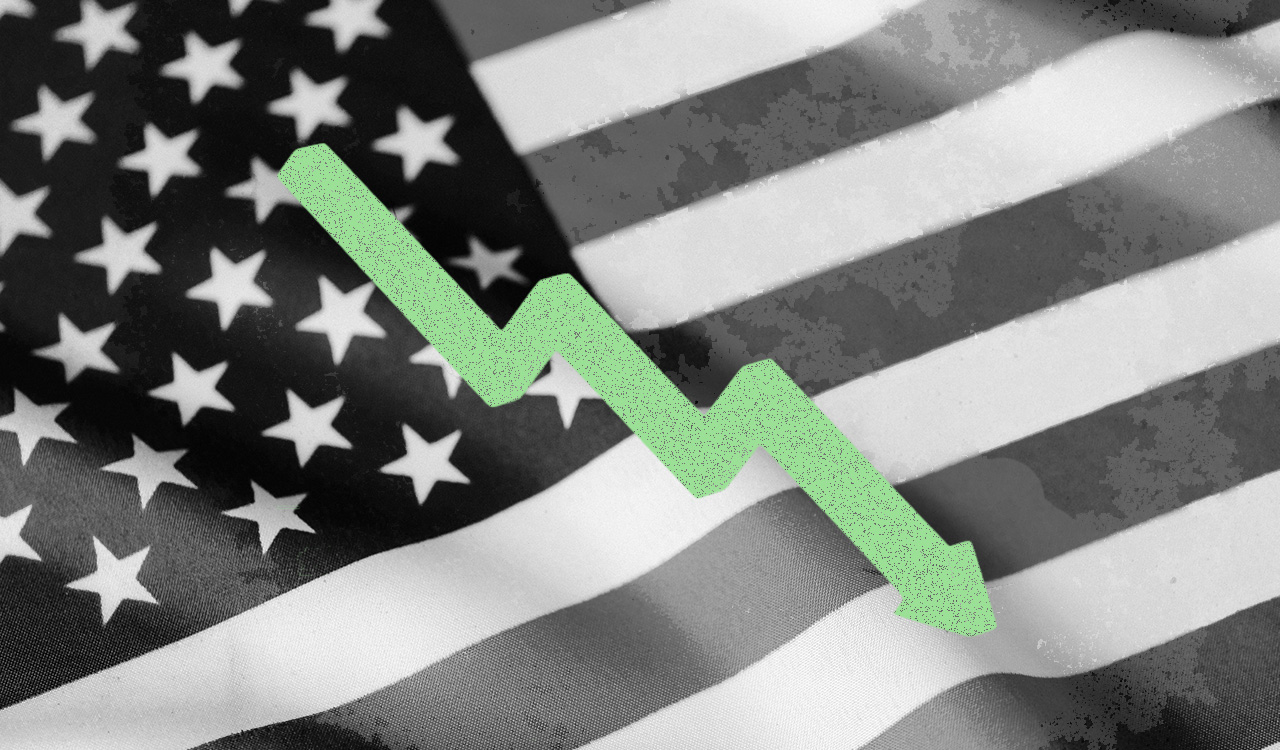They say there are two sides to every story and no doubt the situation with tariffs that is threatening trade between China and the United States is no different.
But the contrast in how America\’s retailers see the problem – \”catastrophic\” is a word you are starting to hear more and more frequently – and how the Trump Administration portrays it – \”there is absolutely no need to rush\” the President said in a recent tweet – points to a disconnect that could cripple the American economy…taking down retailers with it.
Ever since the Administration unilaterally raised the tariff rate to 25 percent and threatened to add virtually every single product the country imports from China to the list, retail executives have been nearly unanimous in warning of the dire consequences to the overall economy, their individual businesses and the American consumer that will result.
A Consistent Chorus
Listen to the chorus of big red flags raised in the past few days as many retailers lowered their financial performance estimates going forward due to tariffs:
- Brian Cornell, CEO, Target: \”As a guest-focused retailer, we are concerned about tariffs, because they lead to higher prices on the everyday products for American families.\”
- Brett Riggs, CFO, Walmart: \”Increased tariffs will increase prices for customers.\”
- Jeff Gennette, CEO, Macy\’s: \”If the potential fourth tranche of tariffs is placed on all Chinese imports, that will have an impact on both our private and our national brands.\”
- Carol Tome, CFO, Home Depot: Tariffs so far have had \”roughly a billion dollar impact\” on the store\’s business.
- Bruce Besanko, CFO, Kohl\’s: \”Right now these tariffs primarily affect our China-sourced merchandise in our home and accessories business. China is not our largest source of merchandise but it is a big one. It\’s a little over 20 percent of our goods.\”
- Jill Soltou, CEO, Penney: \”In looking ahead, we do anticipate a more meaningful impact on both our private and national brands if the potential fourth tranche of tariffs does go into effect on all Chinese imports.\”
And it\’s not just individual retailers sounding the alarm. The National Retail Federation in a recent trade hearing said, \”prices will rise and the economy will suffer.\” Earlier it had said the Trump Administration should \”change course and stop playing a game of chicken with the U.S. economy.\”
Even retail legend Allen Questrom, who has run some of the country\’s largest retailers over the course of his career, was alarmed, telling CNBC \”If the tariffs don\’t get solved this year than you\’ve got a real problem.\”
$300 Billion And Counting
According to the research company Trade Partnership, American families will pay an additional $767 a year for everyday items following the latest round of tariffs and if they are extended to all imports from China that number would climb to $2,389 a year. With the U.S. having about 127 million households that could mean more than $300 billion in added cost to Americans.
According to a J.P. Morgan report, the hardest hit retailers would include Best Buy, Dick\’s Sporting Goods, Bed Bath & Beyond and AutoZone. None of this seems to be heard by the Administration. The President, in a statement that while politically expedient represents a naïve lack of knowledge about how business is done today on a global basis, tweeted, \”Such an easy way to avoid Tariffs? Make or produce your goods and products in the good old USA. It\’s very simple!\” He has repeatedly claimed that the additional tariffs are being paid by foreign suppliers and have contributed to the strength of the American economy but even his chief economic advisor Larry Kudlow conceded on Fox News that the Trump tariffs have hurt jobs as well as the GDP and that it is American consumers who pay the cost of these tariffs.
And Treasury Secretary Steven Mnuchin – who should know something about retailing since he served on the board of Sears for a number of years – told a House committee hearing that he was concerned that American retailers weren\’t working hard enough to find alternative solutions. He said he spoke to Walmart \”to specifically understand what things they can source from other areas and what items they can\’t. \”I can tell you I am monitoring the situation very carefully.\”
He may indeed be monitoring the situation but that has been little comfort for American companies who source Chinese products. Perhaps the most vulnerable are those in the shoe industry where close to 75 percent of its goods come from that country. In a strong letter to the Administration a group of footwear companies did not pull any punches. \”We can assure you that any increase in the cost of importing shoes has a direct impact on the American footwear consumer. Companies cannot simply move factories to adjust to these changes.\”
With the nearly unanimous stand being taken by American retailers and an Administration that seems unwilling to listen to its constituents on the front lines, the word used by the footwear group in its letter is both unfortunately increasingly likely and eerily chilling: \”Catastrophic.\”
Warren Shoulberg is speechless.




